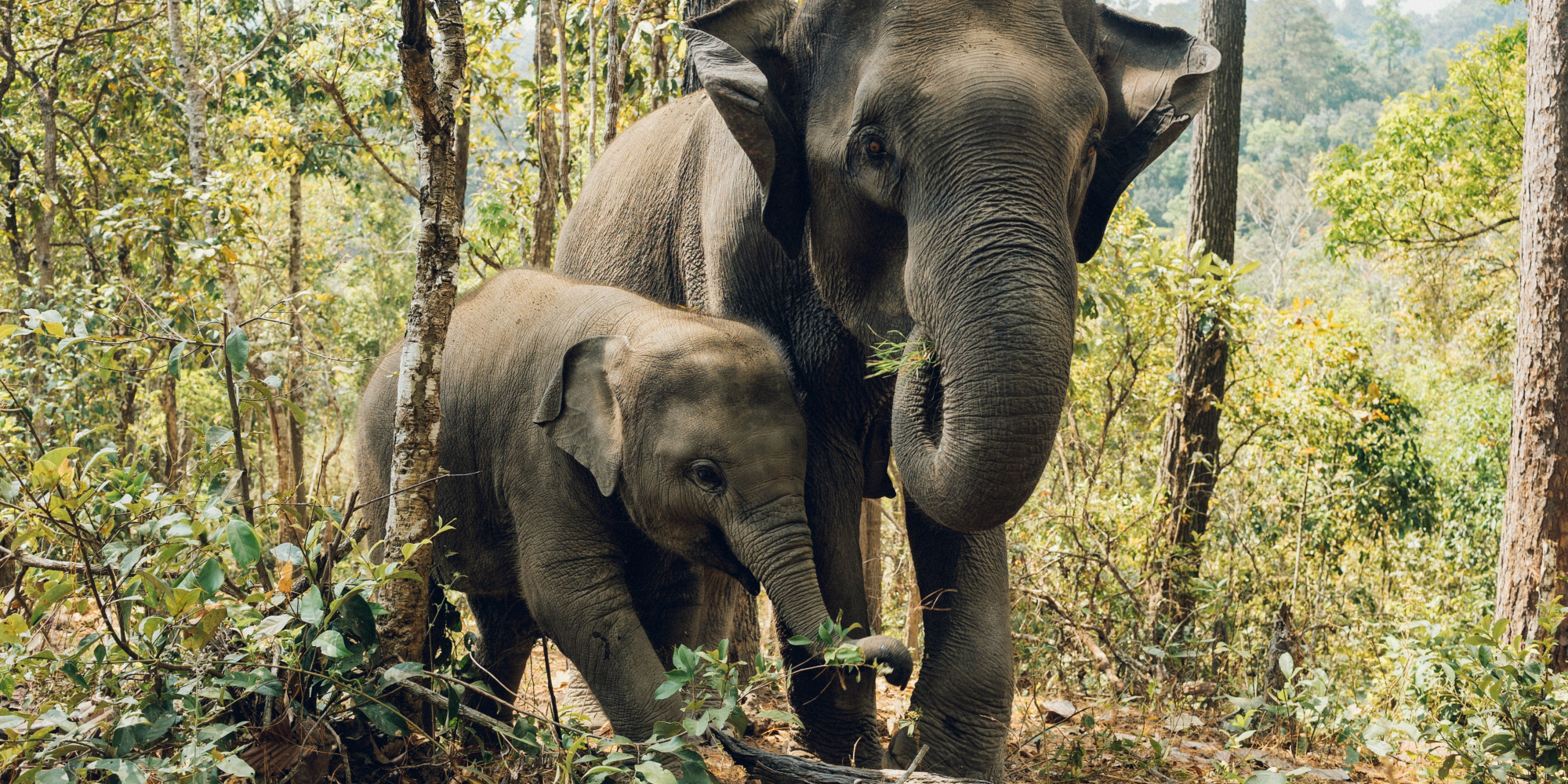Thailand is making giant strides in its efforts to change visitor perception about its tourism offerings when it comes to sustainability and animal welfare.
That was the key message from a Sustainability Tourism Showcase hosted by Tourism Authority of Thailand (TAT) in Sydney last night.
Guest speaker John Roberts, Director of Elephants & Conservation at the Golden Triangle Asian Elephant Foundation, outlined the work his organisation is doing to protect elephants.
“There still remains no evidence whatsoever that the act of sitting on an elephant is harmful to the elephant,” Mr Roberts said.
“Now what is harmful and can be harmful is how you train it, how you work with the elephant, how you sit on the elephant and how long you ride it.”
A select panel of Thai hotel representatives then revealed the various initiatives their properties have introduced to make them as sustainable as possible.
“The ultimate goal, the sweet spot that we want to achieve is finding the balance between tourism, growth, the economy, the welfare of the local community and protection of the environment,” said Sherly Handjojo, Marketing Manager, Tourism Authority of Thailand.
“There are a lot of misconceptions on how Australians view Thailand, especially in regards to over-tourism.
“I have been with TAT for nine years now and in that time a lot of things have changed. At the start, our focus was simply to increase visitation, regardless of where the people went.
“We want to shift this focus. Our aim is to promote tourism that is good for local communities and we also want to disperse tourism growth to lesser known destinations.”
Ms Handjojo added that the Thai government was working closely with the private sector because it was aware of the need for change.
“But the government cannot just do everything on their own. They need support, especially from the tourism operators.
“We are educated and we are very motivated and committed to take action.”
One of those actions is the launch of CF-Hotels, an online platform that encourages hotels to monitor and reduce their carbon footprint. The scheme is going to be expanded industry-wide so other tourism operators can join in.
Ms Handjojo also mentioned initiatives to tackle air quality, particularly in Bangkok, which include expanding green spaces, tree planting, stricter regulations on industry emissions and greener transportation, with the introduction of electric tuk-tuks.
“The government has set a goal to electrify 30% of the whole Thai transportation system by 2035. That’s only 10 years away.
“That’s really exciting and we hope someday we can look up in Bangkok and see blue sky.”
In an exclusive interview for Traveltalk’s ‘Talking Travel’ podcast, Mr Roberts was asked whether tourists are now making travel decisions based on sustainability.
“Not yet, but it’s getting to the point where if you don’t have some of the indicators in place, like plastic bottles in your hotel rooms, then you will lose business because of it.”
Asked what tourists can do to get involved in elephant conservation, Mr Roberts had this message.
“Come and visit, come and see what we do, but make sure if you’re going to go to an elephant attraction that you go to one that’s welfare certified.”
https://www.helpingelephants.org/







